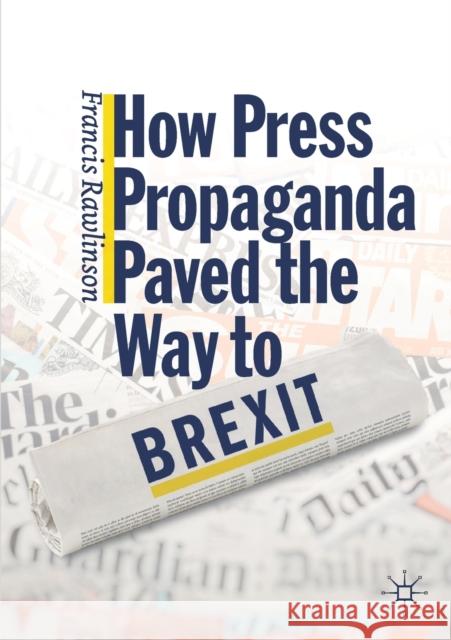How Press Propaganda Paved the Way to Brexit » książka
topmenu
How Press Propaganda Paved the Way to Brexit
ISBN-13: 9783030277642 / Angielski / Miękka / 2020 / 342 str.
Kategorie:
Kategorie BISAC:
Wydawca:
Palgrave MacMillan
Język:
Angielski
ISBN-13:
9783030277642
Rok wydania:
2020
Wydanie:
2019
Ilość stron:
342
Waga:
0.53 kg
Wymiary:
21.9 x 14.0 x 2.0
Oprawa:
Miękka
Wolumenów:
01
Dodatkowe informacje:
Wydanie ilustrowane











